Pipeline fighters and frontline community members rally against Atlantic Coast Pipeline at Supreme Court
Twelve activists arrested protesting dangerous and polluting ACPWASHINGTON – Activists, pipeline fighters and members of frontline communities gathered on the steps of the Supreme Court today to protest the Atlantic Coast Pipeline, a fossil fuel project that would devastate North Carolina. As the justices listened to oral argument regarding the ACP, activists outside the court drew attention to pipeline’s devastating and disproportionate impact on African American, Indigenous and low-income communities. They carried a large fabric pipeline and a 20-foot banner hand-painted with images of numerous species, places and communities threatened by the pipeline.
After chanting and listening to speeches from activists impacted by the proposed pipeline, the crowd moved into the street and blocked traffic for several minutes. 12 activists and pipeline fighters were arrested for refusing to clear the roadway.
“The Atlantic Coast Pipeline is an unnecessary and dangerous project,” said Donna Chavis, senior fossil fuels campaigner with Friends of the Earth Action. “This fossil fuel development is based on greed and not need and will lock us into 30 years of fracked gas use, further delaying the transition to renewables. We cannot allow this to happen and we are here today to make sure the Supreme Court and the fossil fuel industry hear our voices.”
If built, the Atlantic Coast Pipeline would generate more than 67 million metric tons of global warming pollution each year – the equivalent of 20 coal plants. The pipeline would impact the 30,000 Native peoples living along the project’s proposed path. The plan for the ACP also includes building an enormous fracked gas compressor station in Union Hill — an African American community of great historical and cultural significance in Virginia.
“At the heart of this case is a tale as old as corporate America: corporate greed looking to get rich at the expense of the Black, Brown, and indigenous communities of this country,” said Jennifer Epps-Addison, Network President and Co-Executive Director of the Center for Popular Democracy. “We will not stand by while the fossil fuel industry tries to strip protected lands and undermine the health and livelihoods of our communities — all while blatantly ignoring and devastatingly exacerbating the global climate crisis. We implore the Court to stand on the right side of environmental justice and uphold the 4th Circuit’s ruling.”
“I feel it should be stopped completely right now in its tracks,” said Chasity Hunt, an enrolled member of the Lumbee Tribe, entrepreneur and land and water protector. “Proper environmental research needs to be done before any permits should’ve been granted. What about community statistics and effects these pipelines will have? What about past explosions of gas pipelines? What about the preservation of Indigenous artifacts once they start to construct this massive snake, which will slither across the land spreading its poison all over killing all? If it isn’t stopped now we will all suffer the consequences in the future.”
“The fight against the ACP is a fight for environmental justice and the well-being of our communities,” said Jorden Revels, an enrolled member of the Lumbee Tribe and a grassroots organizing fellow with Friends of the Earth Action. “This project threatens our health, our safety, and our well-being as Native Peoples. To willingly allow the ACP to trample over our communities would be to openly allow our identity and culture as Native peoples to be destroyed.”
“This is yet another case in the Supreme Court’s blockbuster term where the Republican majority could side with corporations and the powerful – this time at the expense of communities of color and our environment,” said Demand Justice Chief Counsel Christopher Kang. “This protest makes clear that we are rising to fight back against the Court’s pro-corporate bias.”
PHOTOS OF TODAY’S ACTION ARE AVAILABLE HERE
Contact: Erin Jensen, Friends of the Earth Action, (202) 222-0722, ejensen@foe.org
